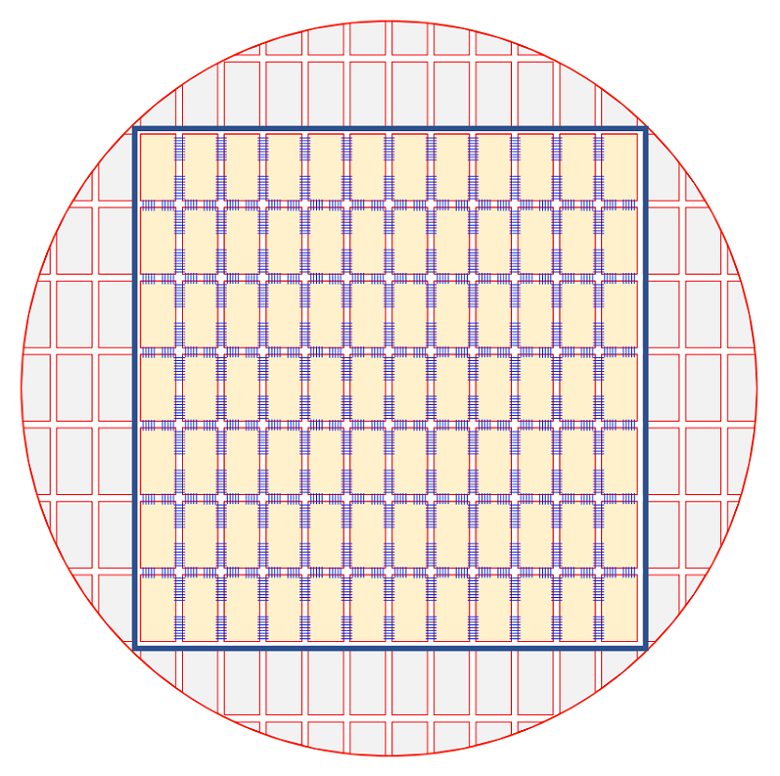When Cerebras Systems had its coming out at Hot Chips in August 2019, the hardware community wasn’t sure what to think. Attendees were understandably skeptical of the novel “wafer-scale” technology, not to mention an estimated power envelope of ~15 kilowatts for the chip alone. In the intervening three years, the company – under the direction of founder and CEO Andrew Feldman – has won over early critics through a series of impressive milestones. The company signed a multi-lab contract with the Department of Energy just a month after the Hot Chips debut and now has a number of high-profile installations at government laboratories and commercial sites around the world.

Today (Aug. 3), Cerebras was honored by the Computer History Museum (CHM), which unveiled a new display featuring Cerebras’ Wafer-Scale Engine (WSE) at its landmark Mountain View, Calif., location. Roughly the size of a dinner plate, Cerebras WSE-2 contains 2.6 trillion transistors and 850,000 AI optimized cores. Powered by the WSE-2, the Cerebras CS-2 system tackles AI models that are reaching into the billions and trillions of parameters.
“There are more transistors – by far – in this one Cerebras chip, than in all 100,000 computing objects in the Museum’s permanent collection combined,” said Dag Spicer, Senior Curator, Computer History Museum.
The Computer History Museum hosted a live conversation with Cerebras Systems CEO Andrew Feldman and Computer History Museum President & CEO Dan’l Lewin. The event has ended. Watch the replay below.

The WSE-2 is manufactured by TSMC on its 7nm node and is the second-generation Wafer Scale Engine. The WSE-2 measures at 46,225mm2 which is more than 50x larger than competitive chips. Launched in 2021, the WSE-2 offers twice the the transistor count, core count, memory, memory bandwidth and fabric bandwidth of the first-generation product, with only a modest increase in its power footprint (23 kW up from 20 kW). The next chip, which is being planned on 5nm process technology, will pack in more cores to handle the fast-growing compute needs of AI, said Feldman.
Cerebras has customers in North America, Asia, Europe and the Middle East. Flagship customers include GlaxoSmithKline, AstraZeneca, TotalEnergies, nference, Argonne National Laboratory, Lawrence Livermore National Laboratory, Pittsburgh Supercomputing Center, Leibniz Supercomputing Centre, National Center for Supercomputing Applications, Edinburgh Parallel Computing Centre (EPCC), National Energy Technology Laboratory, and Tokyo Electron Devices.





























































